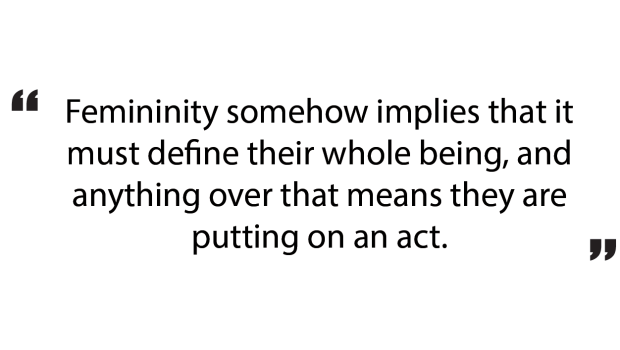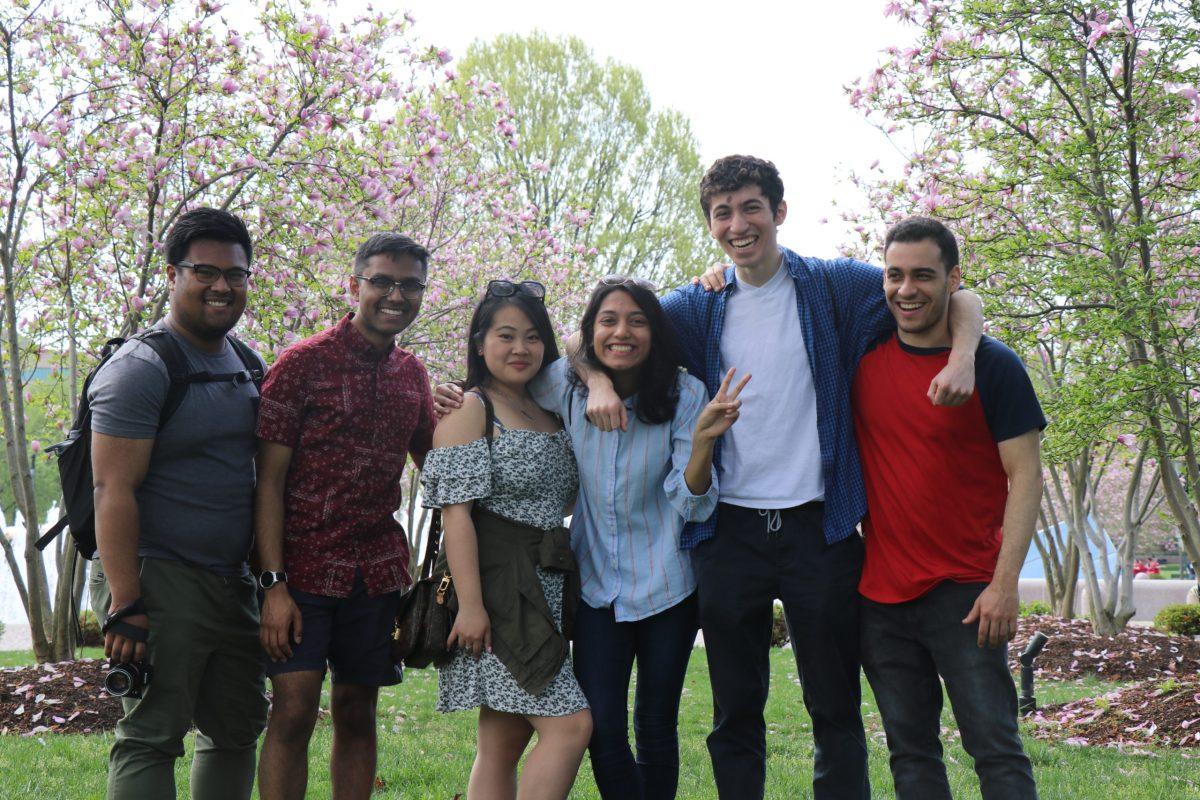We recently posted a survey across social media, asking Vector readers what they would like to see changed about our paper. A few of the responses complained about something I found particularly interesting: that the heavy presence of video game and anime content reinforced the stereotype of tech students at a tech school.
For the purposes of this editorial, I am setting aside the related comments about including more campus news (which we agreed, in our last issue, needs improvement). Focusing on the statement about entertainment content alone, I don’t see what the issue is. A newspaper catered towards a certain community must appeal to that community’s interests – if a large proportion of them enjoy playing video games, watching anime, and catching up with the latest technology news, those are not topics which should be overlooked.
An area where breaking stereotypes is highly encouraged, and where the opposite is even looked down upon at times, is the gradual increase of the percentage of women working and learning in STEM fields. Historically, and thus stereotypically, STEM fields have been male dominated. In some fields, such as biology, this is changing steadily. In others such as electrical engineering – not so much.
Experience, anecdotal but plentiful, shows women in these fields being treated as outsiders; especially if they exhibit too many traits considered stereotypically “feminine”. The girl who codes phone apps alone in her room while dressed in a loose tee and sweatpants tends to be taken more seriously by her computer science peers than the one who shows up to class dressed to the nines and spends her free time sketching fashion designs. Can those two images not be combined? Humans are complex, after all. Our personalities and desires do not fit neatly into boxes.
In certain gaming and comic book circles, girls who do not hide their traditionally feminine pursuits while geeking out about traditionally male interests are decried as “fake nerd girls”; their femininity somehow implies that it must define their whole being, and anything over that means they are putting on an act.
Interest in something “stereotypical” is not mutually exclusive with something non-stereotypical, or rather, anti-stereotypical. It’s not healthy to push things in either direction, to either wholly embrace the stereotypes or to wholly reject them. In a society so concerned with individualism, embody this ideal and be who you want to be, whether that means accepting a label or breaking free from one.
Yvonne Chen


































